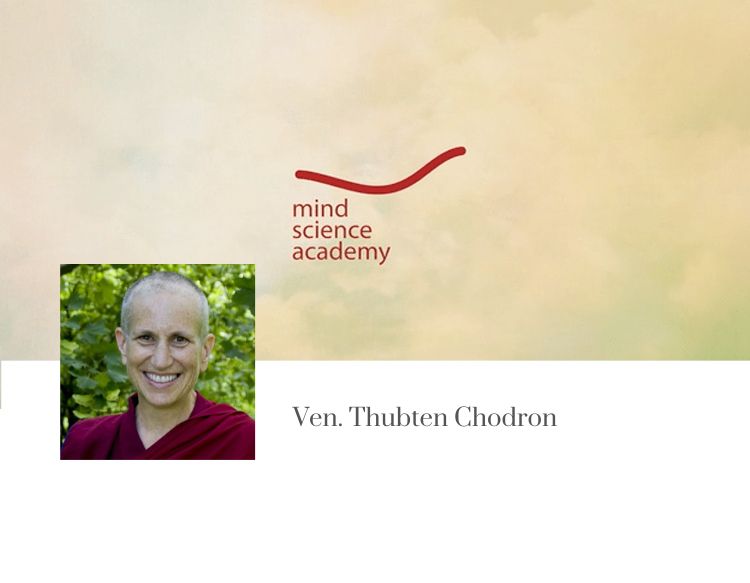by Bruno Neri and Maria Vaghi
The broader a theme and the more intimately it is connected to the nature of human beings, the less complete and adequate a narrow definition of it appears: as if to suggest that such aspects cannot find full expression through words alone, which, despite their power, always leave something behind.
Socrates considers the qualities of the mind and soul as indispensable for the possibility of living a happy life. Among the virtues, he mentions self-control, justice, piety, wisdom, courage, emphasizing the importance of tending to, and taking care of, one's own soul, one's own virtue.
The idea of happiness also emerges in Aristotle's concept of eudaimonia, inseparable from ethics, virtue, wisdom, thus representing authentic well-being not as a mere fleeting gratification but as living virtuously according to these principles. In particular, achieving this state, expressing one's full human potential, cannot be separated from the exercise of virtues in accordance with reason. This perspective ties eudaimonia to the realization of one's capacities and participation in the life of the community. We could say that happiness, well-being, is much more than merely feeling happy for Aristotle.
For the Stoics, happiness is the result of ataraxia – a state of undisturbed serenity – rooted in mastering one's emotions, self-control, and wisdom.
In the field of modern psychology, happiness is often explored through the lens of subjective well-being.
It's possible to distinguish between happiness as a temporary emotion and well-being as a more enduring state of life satisfaction. Martin Seligman, a pioneer of positive psychology, proposes a happiness model based on: positive emotions, engagement, relationships, meaning, and accomplishment. He also defines a happy life as one that is certainly built on moments of joy but not solely; important aspects include deep engagement and meaningful relationships. These elements give purpose and direction to an individual's existence.
And while numerous studies have shown that nearly half of an individual's predisposition to happiness is influenced by genetics, the other half that matters consists of our actions and the circumstances in which we find ourselves, leaving ample room for personal agency in relation to our state of well-being.
In Buddhism, it is asserted that all beings desire happiness and wish to avoid suffering. Therefore, the exploration of suffering (dukkha) and its cessation is a central theme. In this regard, the teaching of the Four Noble Truths represents an absolute cornerstone, within which the Noble Eightfold Path highlights a broad reflection compared to the thoughts of the philosophers of Ancient Greece mentioned earlier.
According to Buddhism, the secret of peace is rather to be found, among many other things, primarily in the abandonment of attachment, in a state of equanimity, and in the deep understanding of the impermanent and interdependent nature of all things.
The emphasis on achieving happiness also lies in the importance of two wings represented by compassion and wisdom: the love that seeks to alleviate the suffering of others and the understanding of the true nature of reality. These are two powerful means to dissolve aspects that instead cause suffering in individuals.
In this space of ours, stating that we do not presume to define anything but with the intention of giving room to diverse perspectives, we find ourselves on the theme of this Focus On: Happiness or what we believe it to be, proposing the reading of the contributions that follow, in our opinion rich in resonances and stimulating suggestions.
The Venerable Thubten Chodron leads us with her exquisite gentleness to reflect on how having a purpose, ethical and altruistic, in life bestows a sense of peace in the heart. She emphasizes how often it's not necessary to have goals that require epic endeavors but rather the attention, even for just a moment, devoted to attempting to be of great benefit to someone.
Similarly, psychologist Andrea Bocconi speaks of the value of small things and how the aspect of connection—with people, with nature, with beauty—is deeply linked to a perceived state of well-being.
The Venerable Robina Courtin gets straight to the point with her piercing and effective style: her dive into attachments and anger, so deeply connected to the difficulty, sometimes insurmountable, of achieving a state of well-being, is exemplary and imprisons us in a world dotted with delusions.
Psychologists Ciro Conversano and Rebecca Ciacchini, among many interesting insights, literally speak of the exercise of happiness to express the importance of continuous personal involvement in dedicating oneself to oneself, to others, and to life.
Finally, it is suggested to read Beyond Happiness by Ezra Bayda, an important Zen teacher who, with acumen, depth of analysis, and irony, highlights how striving to be happy is the best way to fail at it, as more extensively described in the review.








